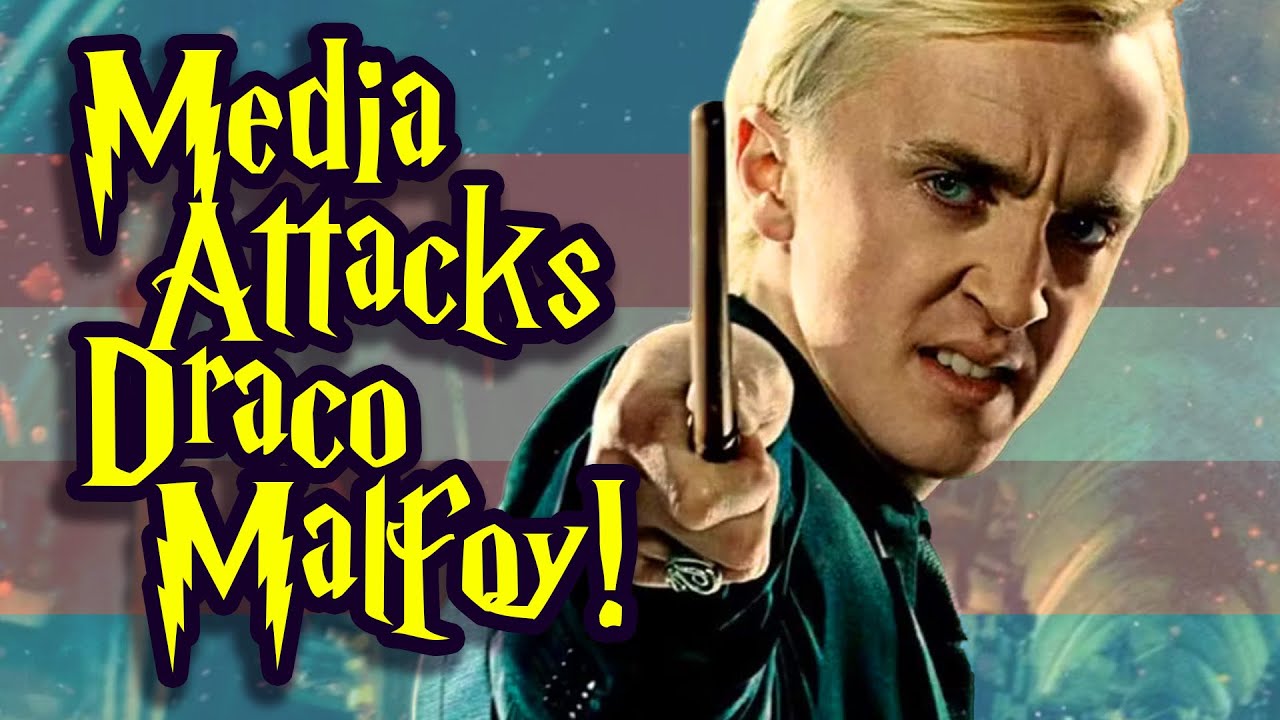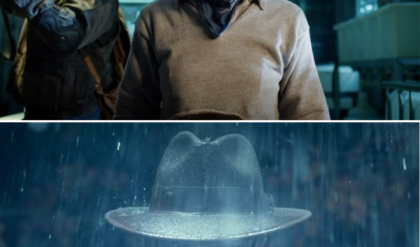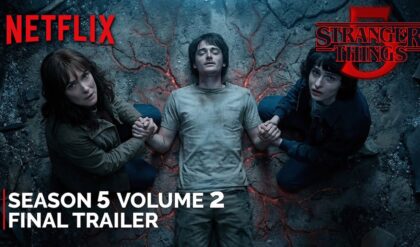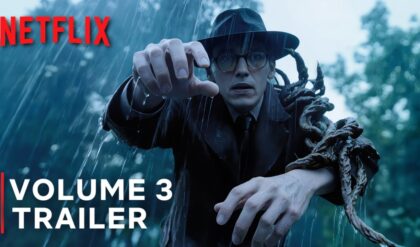Tom Felton’s J.K. Rowling Controversy: Media Backlash and Fandom Divide
On June 8, 2025, Tom Felton, the 37-year-old actor known for playing Draco Malfoy in the Harry Potter film series, stepped onto the Tony Awards red carpet in New York City to promote his upcoming Broadway debut in Harry Potter and the Cursed Child. What should have been a celebratory moment turned into a media maelstrom when Felton, asked about J.K. Rowling’s controversial views on gender identity, expressed gratitude for her role in creating the Harry Potter franchise. His comments, which avoided engaging with the controversy directly, were met with swift backlash from some media outlets and fans, who accused him of endorsing Rowling’s views or ignoring the trans community’s struggles. Meanwhile, others praised his loyalty to the author who launched his career. This article explores Felton’s remarks, the polarized reactions, and what the uproar reveals about media dynamics, fandom culture, and the challenges of navigating divisive issues in 2025.

The Incident: A Red Carpet Remark
Felton’s appearance at the Tony Awards was tied to his role as Draco Malfoy in Harry Potter and the Cursed Child, a Broadway production set 19 years after the final Harry Potter novel, where Draco is a father navigating his son’s Hogwarts journey. The play, co-authored by Rowling, Jack Thorne, and John Tiffany, has been a global hit since its 2016 debut. Felton, the first original Harry Potter film actor to join the stage production, expressed excitement about the live format, telling reporters the fandom’s enduring passion “hasn’t been doused” after two decades.
The controversy erupted when a Variety reporter asked whether the “Twitterverse controversy surrounding J.K. Rowling’s views” affected his work in the Harry Potter universe. Felton responded, “No, I can’t say it does. I’m not really that attuned to it. The only thing I always remind myself is that I’ve been lucky enough to travel the world—here I am in New York—and I have not seen anything bring the world together more than Potter. And she’s responsible for that, so I’m incredibly grateful.” His comments, delivered with a cheerful demeanor, emphasized Rowling’s cultural impact while sidestepping her gender-critical stance, which critics have labeled transphobic.
Within hours, X posts and media headlines framed Felton’s remarks as a defense of Rowling, sparking a deluge of reactions. Some outlets and users accused him of “brushing off” the trans community’s concerns, while others hailed him as a rare voice of loyalty in a franchise where stars like Daniel Radcliffe, Emma Watson, and Rupert Grint have publicly distanced themselves from Rowling. The incident reignited a years-long debate about Rowling’s views, the Harry Potter legacy, and the expectations placed on public figures to align with specific social causes.
Rowling’s Controversy: A Divisive Backdrop
J.K. Rowling, the creator of Harry Potter, has been a polarizing figure since 2020, when her social media posts questioning inclusive language around gender—such as mocking the phrase “people who menstruate”—drew accusations of transphobia. In a subsequent essay, Rowling defended her belief that biological sex is immutable, citing her experiences as a survivor of sexual assault and domestic violence to argue for the protection of women’s single-sex spaces. While she has denied hating trans people, her stance has been widely criticized as erasing trans identities, leading to boycotts, online harassment, and public statements from Harry Potter actors condemning her views.
Daniel Radcliffe, Emma Watson, and Rupert Grint, the franchise’s leading trio, issued statements in 2020 supporting trans rights. Radcliffe, via The Trevor Project, wrote, “Transgender women are women,” emphasizing that Rowling’s views didn’t reflect the franchise’s values. Watson tweeted, “Trans people are who they say they are and deserve to live their lives without being constantly questioned.” Grint echoed similar sentiments, aligning with the trans community. Other actors, like Eddie Redmayne and Noma Dumezweni, also voiced support for trans rights, while Evanna Lynch took a more nuanced stance, disagreeing with Rowling but cautioning against online abuse.
Rowling, in turn, has expressed frustration with her former cast, notably taking a swipe at Radcliffe, Watson, and Grint in a 2025 X post, cryptically responding to a question about actors who “ruin” movies with, “Three guesses. Sorry, but that was irresistible.” Her public feud with the trio, combined with her celebration of Felton’s Cursed Child casting with snake and green heart emojis, has framed Felton as her sole ally among the main cast, amplifying the stakes of his Tony Awards comments.
The Backlash: Media and Fan Reactions
The media response to Felton’s remarks was swift and varied. Some outlets portrayed his comments as a deliberate endorsement of Rowling’s views, with headlines suggesting he was “hit by trolls” or caused a “liberal meltdown” for not condemning her. On X, critics were harsh, with one user calling Felton an “absolute f***ing loser” for speaking at the Tony Awards, an event known for its progressive audience, and another labeling his stance “spineless” for prioritizing gratitude over trans rights. Posts accused him of leveraging his “privilege as a straight white cis male” to ignore the “oppression” faced by trans individuals, with one user sarcastically mocking his claim of not being “attuned” as dismissive of a “global struggle for equality.”
Conversely, Rowling’s supporters and some Harry Potter fans praised Felton’s response as measured and loyal. X users described him as “sensible, grounded, grateful” and a “classy” figure who refused to “c**p on the author whose books gave you an opportunity at a career.” One post lauded him for going “out on a limb” for Rowling, noting that his refusal to criticize her risked labeling him a “transphobe” or “bigot.” Another fan remarked, “Who would have thought Draco would be the most level-headed,” contrasting Felton’s stance with the “jaded” attitudes of Radcliffe, Watson, and Grint. These supporters argued that Felton’s focus on Harry Potter’s unifying power was a fair acknowledgment of Rowling’s contributions without endorsing her personal views.
The polarized reactions highlight a broader cultural divide. Critics of Felton framed his neutrality as complicity, arguing that public figures must actively oppose controversial figures like Rowling to avoid perpetuating harm. Supporters, however, saw his refusal to “pick sides” as a principled stand against cancel culture, emphasizing that he shouldn’t be forced to disavow Rowling to prove his morality. Felton’s past comments, like his 2022 statement to The Times that he’s “pro-choice, pro-discussion, pro-human rights across the board, and pro-love,” suggest he aims to remain neutral, but this middle ground has only intensified scrutiny.
Media Dynamics: Amplifying the Outrage
The claim that Felton was “attacked by media” stems from sensationalized headlines and social media amplification. Outlets critical of Rowling framed Felton’s gratitude as a misstep, with some suggesting he was tone-deaf for praising her at a progressive event like the Tonys. Others, particularly conservative-leaning sources, portrayed the backlash as a “liberal meltdown,” accusing media and activists of unfairly targeting Felton for not conforming to expected narratives. This framing reflects a broader trend in 2025, where media outlets often amplify divisive stories to drive engagement, turning nuanced comments into culture war flashpoints.
X played a significant role in escalating the controversy. Posts from accounts like @metgalacrave and @TeenVogue highlighted Felton’s remarks as problematic, while @OliLondonTV and @Evie_Magazine celebrated his loyalty to Rowling. The platform’s algorithm, which prioritizes emotionally charged content, ensured that both outrage and defense spread rapidly, creating an echo chamber where nuanced discussion was drowned out. This mirrors past incidents, like the 2022 backlash when Felton called Rowling’s work worthy of celebration, prompting similar accusations of ignoring her “daily attacks” on the trans community.
The media’s role raises questions about fairness. Felton’s comments were not an explicit endorsement of Rowling’s views but a reflection on Harry Potter’s global impact. By framing his gratitude as a defense of transphobia, some outlets distorted his intent, while others exaggerated the backlash to paint him as a victim of “woke” overreach. This selective framing underscores the challenge public figures face in discussing polarizing figures like Rowling without being reduced to a caricature.
Fandom and Franchise: A Fractured Legacy
The Harry Potter fandom, once a unifying force, has become a battleground over Rowling’s views. The franchise, which has generated over $9.5 billion in film revenue and spawned theme parks, stage shows, and an upcoming HBO series, remains a cultural juggernaut.





